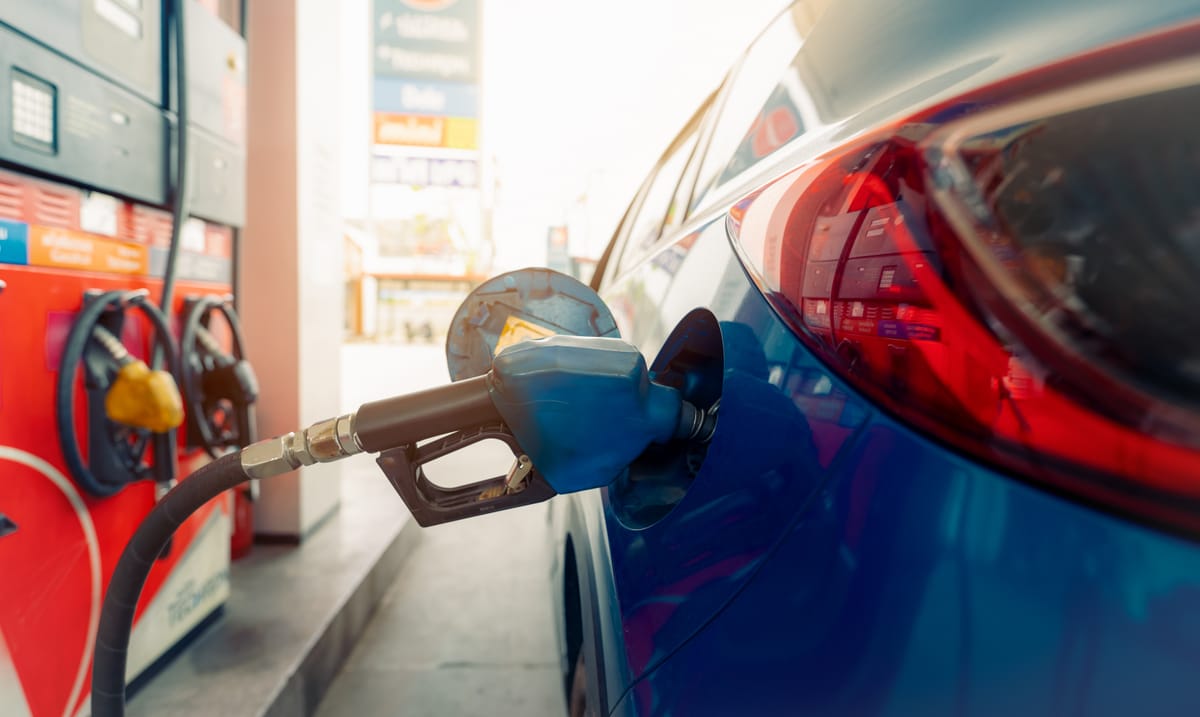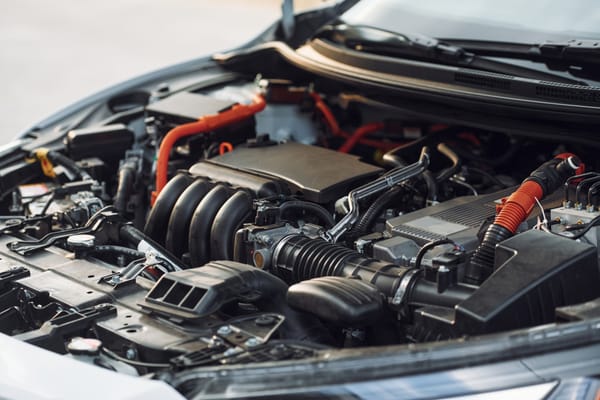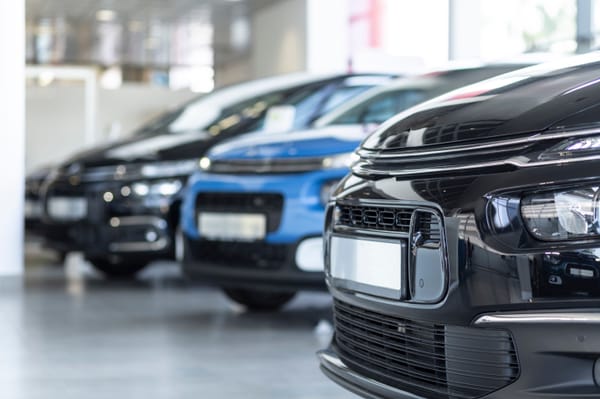So You Want to Buy a Used Hybrid in Kenya? Read This First or Regret It at the Petrol Station

Let’s get real: fuel prices in Kenya are now rivaling rent, and hybrid cars are no longer just for environmentalists or people trying to look “tech-savvy.” They’re officially a mainstream survival strategy.
But buying a used hybrid in Kenya? That’s a different story. It can feel like assembling a complicated IKEA cabinet without the screws, instructions, or the tiny hex key. It’s doable-but only if you know what you’re doing.
Here are 10 brutally honest, smart, and sanity-saving tips to help you buy the right used hybrid-and not end up Googling “how to push a dead Prius uphill.”
1. Know What You Need-Not What Looks Cute Online
Let’s be honest: we all want a car that’s fuel-efficient, stylish, and doesn’t look like it previously worked for G4S. But don’t get distracted by Instagrammable dashboards. Start with real questions:
- Do you need a compact city car or something with more boot space for weekend shags?
- Will the suspension survive the daily struggle that is Nairobi roads?
Top hybrids in Kenya include the Toyota Prius, Honda Fit Hybrid, and Nissan X-Trail Hybrid - all known for good fuel economy, reliability, and availability of parts.
The Kenya National Bureau of Statistics notes that the average Kenyan spends over 30% more on fuel than two years ago, so every shilling saved at the pump counts.
2. Safety First-Because Kenyan Roads Are Not a Game
Between boda-bodas that appear out of thin air and sudden matatu lane changes, safety isn’t optional-it’s life insurance.
Look for hybrids with:
- Automatic Emergency Braking (ABS)
- Lane Departure Warning
- Blind Spot Monitoring
Don't settle for just airbags. The goal isn’t just survival; it's avoiding the accident altogether.
3. Research Like You're Stalking Your Ex
Buying a car without research is like getting married after a Tinder date - bold, but not recommended.
Dig deep into:
- Battery lifespan and replacement costs
- Common issues with that hybrid model
- Real-world reviews from Kenyan drivers (hint: Facebook groups and YouTube are goldmines)
You’ll quickly learn which models are Nairobi-hardened, and which ones belong in Karen, doing 20km a week.
4. The Battery: The Angel and Devil of Every Hybrid
The battery is the reason your hybrid sips fuel-but also the thing that might ambush your wallet later.
Ask for:
- The battery’s age
- Replacement or service history
- Any warning lights on the dash
Better yet, get a hybrid-specific diagnostic by a pro. If the seller starts fumbling or using phrases like “It just needs a small jump,” proceed with caution.
5. Don’t Let the Tech Fool You - Test Everything
Hybrids love throwing in tech features-some helpful, some just there to confuse you.
Test:
- Touchscreen functions
- Reverse cameras and parking sensors
- Bluetooth (because you will be using Google Maps daily)
- Eco-driving modes
If it’s a private sale, bring a tech-savvy friend. If it’s a dealership, insist on a live demo, not just a brochure and a promise.
6. Service Records: A Car's Academic Transcript
A well-documented hybrid is worth its weight in premium unleaded. You want:
- Full service logs
- Receipts for battery or hybrid system work
- Consistent mileage history (beware clocked odometers)
If the seller says “the paperwork is at home,” respond with, “Great-I’ll be at mine.”
7. Consider the Actual Cost-Not Just the Buying Price
Hybrids can be cheap to run, but costly to maintain if you’re not prepared.
Think about:
- Insurance premiums (some insurers give hybrid discounts)
- Spare part costs
- Specialist servicing (not every jua kali garage can handle EV systems)
Also, check if your model needs regular software updates or special diagnostic tools. You don’t want to be dependent on a single garage in Westlands.
8. Test Drive Like You Mean It
This is your audition. Don’t just cruise around the block.
What to check:
- Smoothness of switching between electric and petrol
- Response when overtaking
- Noise levels from the engine and suspension
- Handling over bumps (because Nairobi roads will test every bolt)
Listen for anything odd-and trust your gut. If something feels off, it probably is.
9. Paperwork: Boring But Could Save You from a Police Stop
Paperwork doesn’t spark joy-but skipping it sparks regret.
Before paying anything:
- Verify logbook matches chassis and engine number
- Use the NTSA TIMS portal to check for loans, theft claims, or unpaid duties
- Confirm ownership history
🚩 Red flags: “He’s selling it for his cousin,” “Logbook is in process,” “We can do transfer later.” Run.
10. Think Resale From Day One
Not all hybrids are created equal-some hold value, others vanish from demand like last year’s crypto coin.
Stick to:
- Toyota
- Honda
- Nissan
They’ve got the strongest resale value in Kenya, and their parts are easy to find in Grogon, Industrial Area, or any reputable shop.
Bonus Tip: Buy from Someone Who Actually Cares if You Get Ripped Off
The used car market in Kenya is... let’s just say “lively.” If you're not careful, you’ll end up paying for someone else’s headache.
That’s why buying from a trusted platform like Peach Cars matters.
- Transparent listings
- Verified sellers
- Help with financing and transfers
- Optional 288-point inspection
- No shady backstories
Final Word: Hybrids Are the Future - but Only If You Buy Smart
Used hybrids in Kenya can save you money, fuel, and guilt (hello, lower emissions). But they can also drain your wallet if you buy blindly.
So:
- Do your homework
- Ask tough questions
- Test everything
- And buy from people who actually know what a hybrid is
Ready to browse verified hybrid cars that don’t come with mystery issues and missing paperwork?
Start your search on Peach Cars today - Your wallet, lungs, and fuel gauge will thank you.




